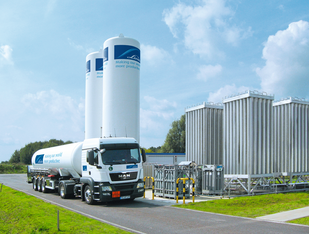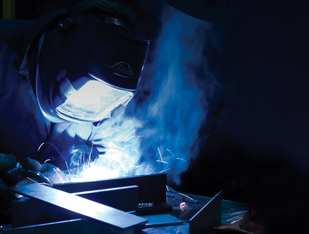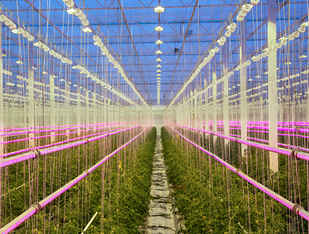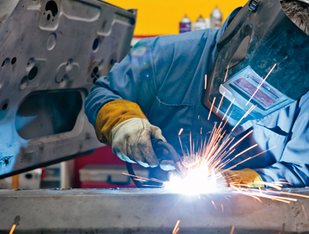By adding purified, recycled CO2 gas from Linde to the air circulation system in the indoor farm, Nordic Harvest has increased the CO2 saturation to 1,000 ppm.
“Raising the CO2 level allows the plants to grow 10-15% faster than they would in the normal ambient air,” continues Riemann, adding: “Knowing that the CO2 is purified and that it comes from a sustainable source made it easy for us to choose this solution.”
Nordic Harvest will begin selling its lettuce and herbs, including spinach, arugula and red Batavia, as well as basil, mint and coriander, in February 2021, and expects to be ready to introduce high-quality strawberries in 2024. So far, the market interest has exceeded expectations.
“Consumers are excited to have access to delicious, nutrient-rich and sustainably grown local products like this, every day, all year round,” admits Riemann.
Once fully operational, the Nordic Harvest vertical farm is expected to produce around five per cent of the total Danish market demand, equivalent to some 1,000 tonnes of output.
Text: Isabelle Kliger
Photo: Shutterstock, Nordic Harvest
[1] https://eco-nnect.com/articles/howverticalfarmingcansaveus










